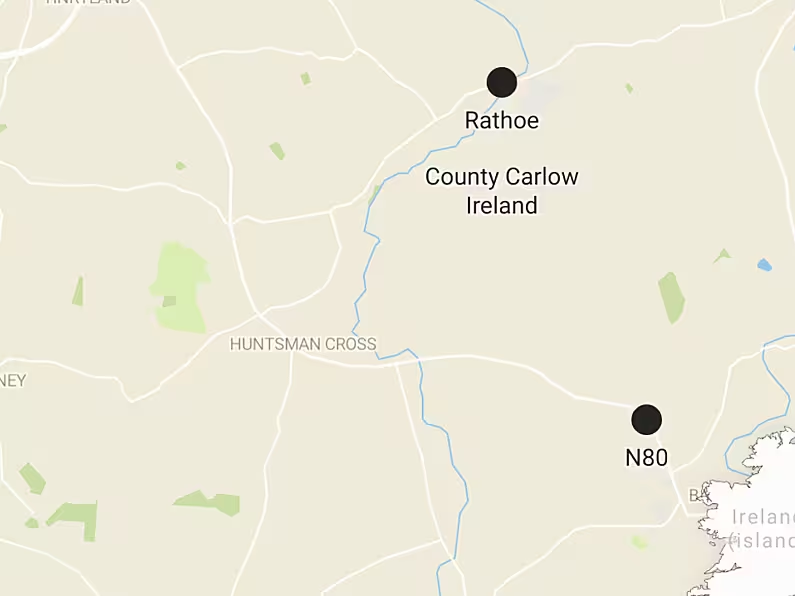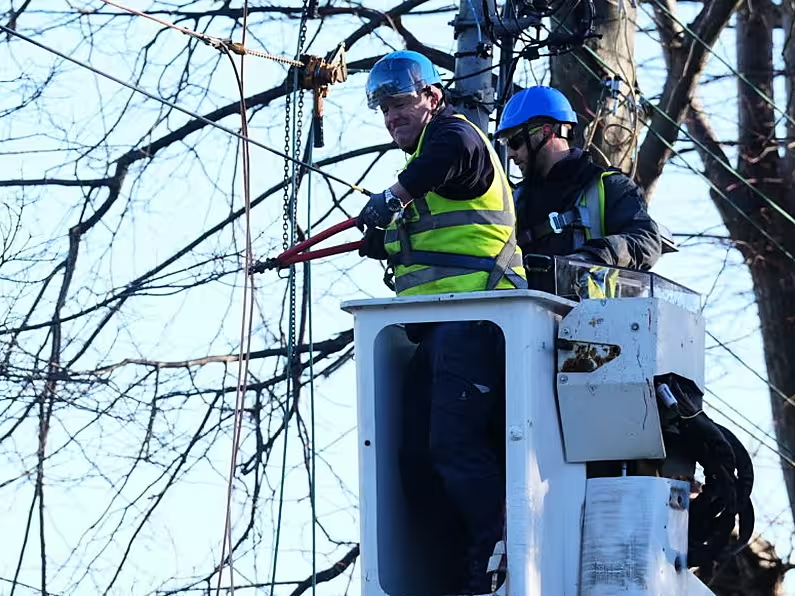Ireland has the fifth highest rate of Covid-19 in the EU according to data from the European Centre for Disease Prevention and Control (ECDC).
The latest figures show the national 14-day incidence rate per 100,000 people is now 90.46, the lowest level recorded by the State since before Christmas.
Despite the progress made in reducing the level of transmission, only four EU countries have higher incidence rates; Portugal (124.05), Spain (120.69), Latvia (104.73), and Cyprus (97.3).
Malta has the lowest rate in the EU, reporting just 3.69 cases per 100,000, while Romania and Poland also have single-digit rates. In total, 13 of the 27 EU member states now have incidence rates below 50.
However, the falling rates of transmission across Europe has not eased concerns regarding the Delta variant, which the ECDC states is “40-60 per cent more transmissible than the Alpha variant”, which was previously the dominant strain.
"Until most of the vulnerable are protected, we need to keep the circulation of the Delta virus low by strictly adhering to public health measures which worked for controlling the impact of other variants."#ECDC Director Andrea Ammon on the #DeltaVariant and vaccination. pic.twitter.com/zcPPdFGo5k
— ECDC (@ECDC_EU) June 23, 2021
Despite falling case numbers in many European countries, many have reported cases related to the Delta variant, 204 cases of which had been reported in the Republic of Ireland in the last four weeks, according to The Irish Times.
In Ireland, increasing incidence rates among younger people, particularly the 19-24 cohort, is adding to concern about the variant, as the rollout of the Covid vaccine has not yet reached them.
The vaccines have been found to offer considerable protection against the Delta variant after the second dose, leading health experts to suggest a delay to the next easing of restrictions in order to allow additional time for more people to receive their second dose, an option with has been taken in the UK.
With indoor dining due to return on July 5th, before the resumption of non-essential international travel on July 19th, Irish officials are considering the impact a further easing of restrictions could have on case numbers and hospitalisations.
Despite the concerns raised by public health officials, Ministers have stated there is currently no plan to delay the next easing of restrictions.
A decision on whether the reopening will go ahead as planned will only be made after the Government receives advice from the National Public Health Emergency Team (Nphet) on Thursday, July 1st, Ministers have said.











